Guest Post by Lev Berlin
In a nutshell: It’s Not Perfect.
In a Bigger Nutshell
Nutritional analysis, as much as it sounds like a science, is not a science. And it’s not a science whether you are performing a lab analysis on your food product or running a database analysis.
Your nutrition fact label is meant to be a helpful guide for your customers, but it’s not going to be exactly perfect. At the end of any nutritional analysis, the nutrients listed on the label are rounded according to rules defined by the FDA. So, by definition it is not exact.
Database Nutritional Analysis Isn’t Perfect
The reason a database nutrition analysis isn’t perfect is because it is based on an average of nutrient data for a particular ingredient. Before an ingredient is accepted into a nutritional database like the USDA’s, a certain number of tests have to be performed so that the results are statistically significant. So, when you see an ingredient in the USDA database, it is a good approximation, but it is not the ingredient you hold in your hand – it’s the average of that ingredient from various geographical locations, tested at various points in time.
The other reason is that when you’re doing a database analysis sometimes you have to approximate values for more exotic ingredients. You may have an ingredient that is similar to what’s in the database, but prepared differently. Or maybe it’s not in there at all, in which case you can send it to a lab for analysis, get the data from your supplier, or as a last resort use the data on the packaging itself.
Lab Nutritional Analysis Isn’t Perfect Either
Even with lab analysis, which you’d think would be more accurate (after all, it’s MUCH more expensive), you can get strange and even missing results for certain nutrients. The primary issue is that with a lab analysis you are testing your product at a single point in time for a particular batch.
If your recipe is slightly different between batches, if it’s a more humid day than usual, if your ingredients are harvested in the fall versus the spring – each of these factors (and others) would cause your nutritional results to change. Not to mention quality control and differing processes between different labs.
An Example: How the FDA Conducts an Audit
Every once in a while, the FDA will conduct an audit of a food label. The way they are able to ensure accuracy for comparing against your label is by doing 11 different tests from different batches from different times of the year.
Even then, they’re not looking for an exact match to your label. Instead, they make sure your label is within a certain range< of their results. So, for so-called “good” nutrients they expect your label to be at least 80% of their test results, and for so-called “bad” nutrients they expect your label to be at most 120% of their test results.
And if you are not within the range? Well, at that point it depends. If you are consistently off on all nutrients and it is looking like you’re misleading your customers, the FDA would hopefully get involved and take some action. However, the most they typically do is ask that you reprint your labels when you go through your current batch of labels.
Don’t Worry, Be Honest
The moral of the story is that you should be thorough and do as best as you can on your nutritional analysis, with the understanding that it won’t be perfect. Just don’t take that as an excuse to lazily create a nutrition fact label or to purposely mislead your customers because “it’s not perfect anyway”.
As always, we’re here to help. Email us, leave feedback, read the blog, read the FAQs, and spend some time making your labels. You’ll get it done and your customers will be happy, as long as you approach it with the goal of helping them understand your product.
Lev Berlin helps food entrepreneurs with create-you-own nutrition label and recipe cost calculator software. He is Founder & CEO at ReciPal. ReciPal was created to simplify the lives of food businesses. Easy nutrition analysis, nutrition fact labels, ingredient lists, recipe costing, and recipe management. All in the cloud and for a reasonable price. We work with up and coming food businesses, established food businesses, commercial kitchens, food business consultants, co-packers, food trucks, store fronts, students, you name it. Before ReciPal, Lev was a consultant at Oliver Wyman, saving banks all over the world. He was born in Riga, Latvia, graduated from Princeton University and now lives in New York City. He loves talking to all kinds of food-related companies, so feel free to reach out!
You can find the original version of The Truth About Nutritional Analysis for Food Labels on ReciPal’s blog.



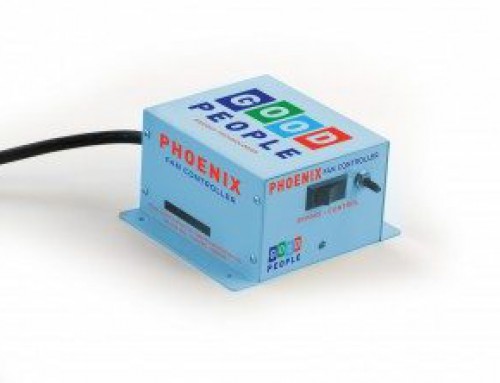
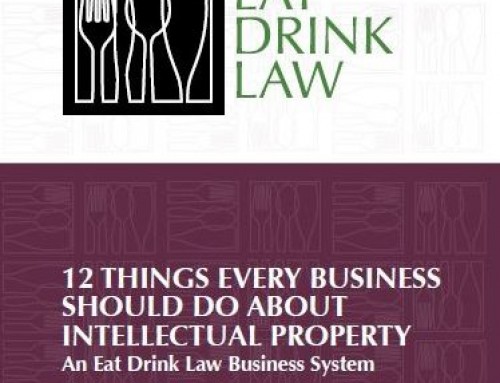
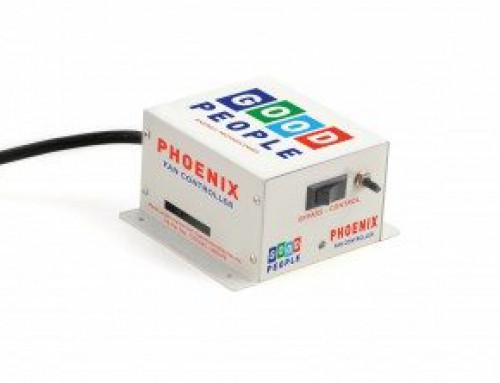
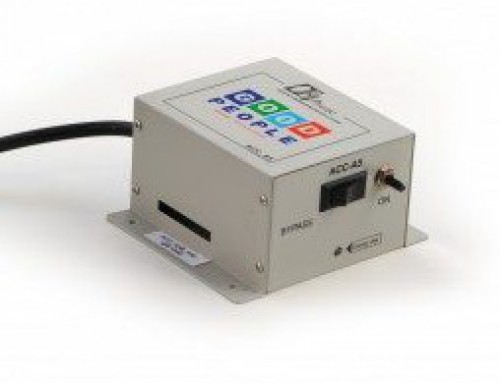
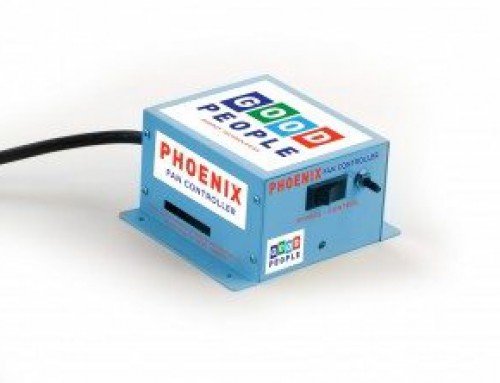
Leave A Comment